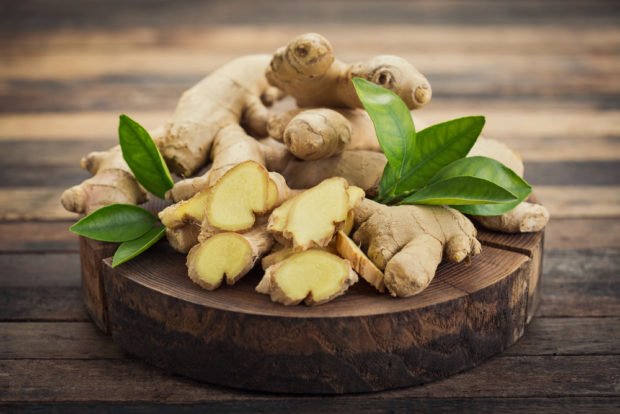Irritable bowel syndrome (IBS) is a gut sensitivity that prevents many people from eating the foods they enjoy. This gastrointestinal disorder triggers digestive symptoms such as stomach pain, bloating, diarrhea, and constipation when particular foods are consumed. IBS affects up to 1 in 4 adults globally. Founder of Newtricion Wellness Dieticians, Omy Naidoo explains.
Irritable Bowel Syndrome explained
If you have irritable bowel syndrome or IBS, you might have uncomfortable or painful abdominal symptoms. The good news is that you can often control symptoms through diet and lifestyle changes.
However, having said that, there is no universal list of foods to avoid for people with irritable bowel syndrome. This is due to the fact that everyone’s digestion is unique and is triggered by different foods. However, keeping a record for 2-3 weeks of your dietary consumption, symptoms, and other circumstances that may stimulate the digestive system may be beneficial in identifying which foods to avoid.
Studies show women are more likely to get IBS
Research conducted by the Cleveland Clinic Medical Center shows that IBS is most common among people in their late teens to early 40s. Also, women are twice more likely as men to get IBS.
Five foods to eat to avoid irritable bowel syndrome and improve your gut health:
Asparagus
Asparagus is high in insoluble fiber, which helps maintain regular bowel movements by adding weight to the stool. As a prebiotic fiber (a type of dietary fiber that feeds the good bacteria in the gut), asparagus feeds beneficial bacteria in our guts. This good bacteria aids digestion, reduces stress and reduces the risk of weight gain.
Ginger
Fresh ginger stimulates the digestive system and aids in the creation of stomach acid, allowing food to pass through the gut more quickly. Freshly grated ginger can be used in soups, stews, smoothies, and stir-fries.

pilipphoto/shutterstock
Low-Fructose Fruits
Bananas are great low-fructose fruits because they are high in fiber and the prebiotic fiber (inulin) in them helps healthy bacteria develop in the gut. Citrus fruits like oranges and grapefruit, as well as berries, also contain less fructose, making them easier to digest and less prone to cause gas.
Leafy Greens
Leafy greens, such as spinach or kale, are high in fiber and include a form of sugar that aids in the growth of good bacteria in the gut. Vegetables that have been steamed are easier to digest, especially if you suffer from diarrhea. Cooked salads are the greatest alternative if you enjoy salads but find them difficult to digest. Peeled veggies, tomatoes, and berries are also easier to digest.
Avocado
This superfood is high in fiber and important nutrients including potassium, which is crucial in aiding digestive health. As a low-fructose food, avocados are a good addition to your diet because they cause less gas. However, avocados should be eaten in moderation because they are also high in fat.
The bottom line
It is critical to understand how your digestive system responds to various foods. For further assistance in managing IBS, visit a registered dietician who will make the necessary dietary recommendations
About the author
 Omy Naidoo is an award-winning South African dietician and founder of Newtricion Wellness Dieticians which is one of the largest dietician brands in the country. He is a well known personality in the media with regards to health topics which require nutritional input, being featured on Radio, TV and print media. Omy has a passion for gut health and critical care nutrition. He hosts regular podcasts with experts on nutrition to help educate his patients and the public at large on health outcomes.
Omy Naidoo is an award-winning South African dietician and founder of Newtricion Wellness Dieticians which is one of the largest dietician brands in the country. He is a well known personality in the media with regards to health topics which require nutritional input, being featured on Radio, TV and print media. Omy has a passion for gut health and critical care nutrition. He hosts regular podcasts with experts on nutrition to help educate his patients and the public at large on health outcomes.
References
Cleveland Clinic on IBS: https://my.clevelandclinic.org/health/diseases/4342-irritable-bowel-syndrome-ibs



![women [longevity live]](https://longevitylive.com/wp-content/uploads/2020/01/photo-of-women-walking-down-the-street-1116984-100x100.jpg)










